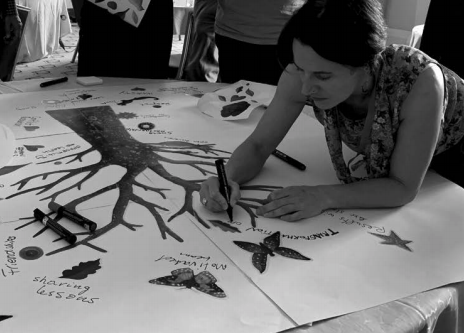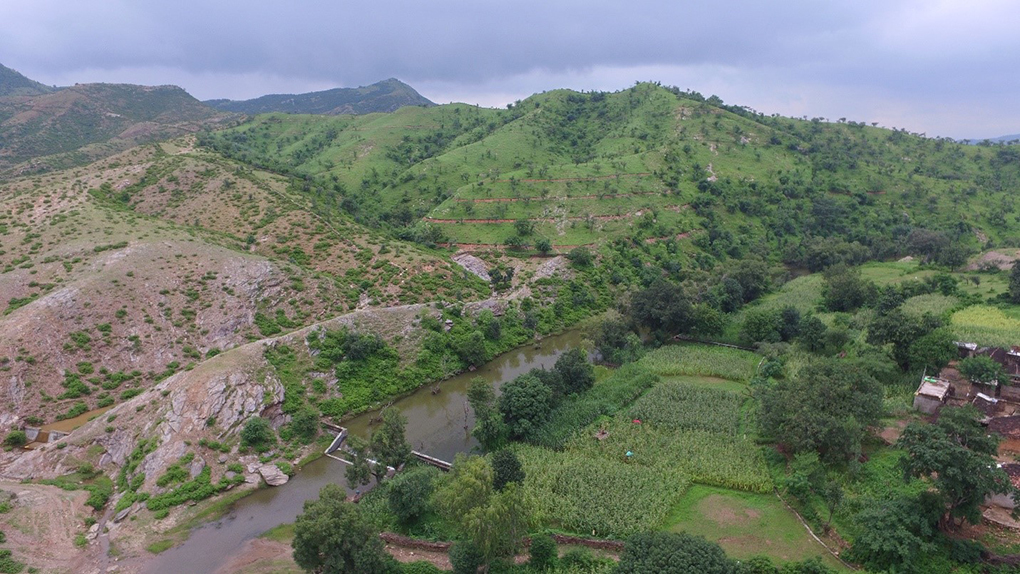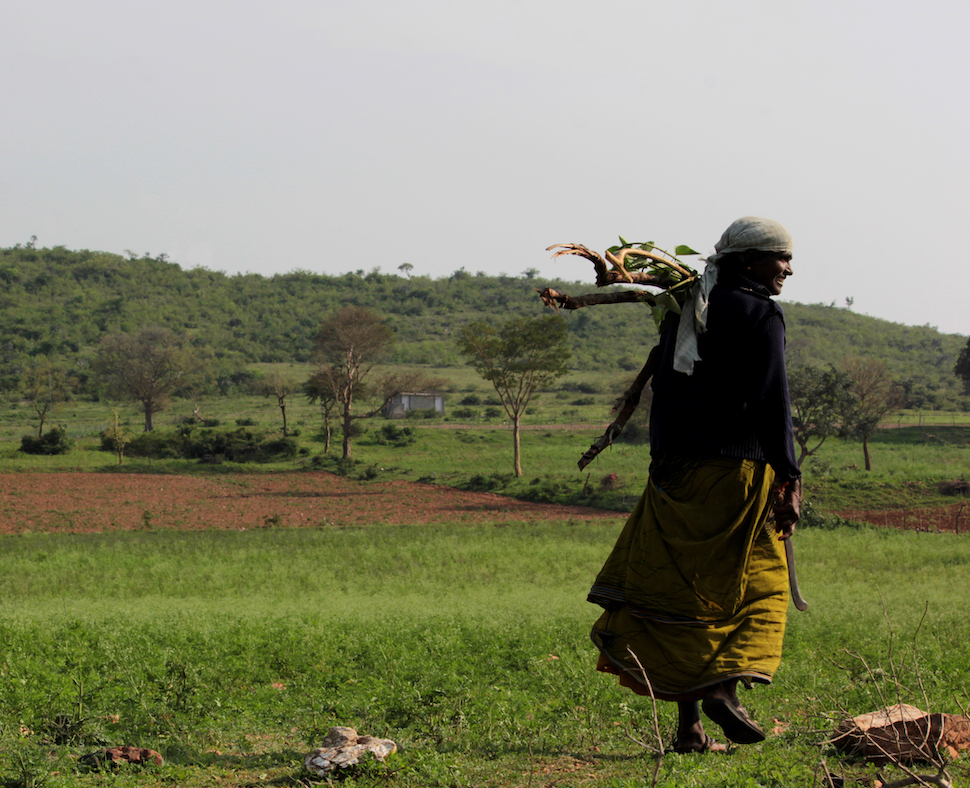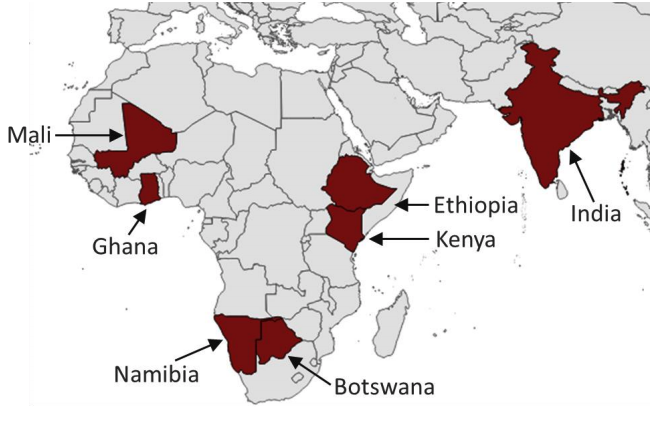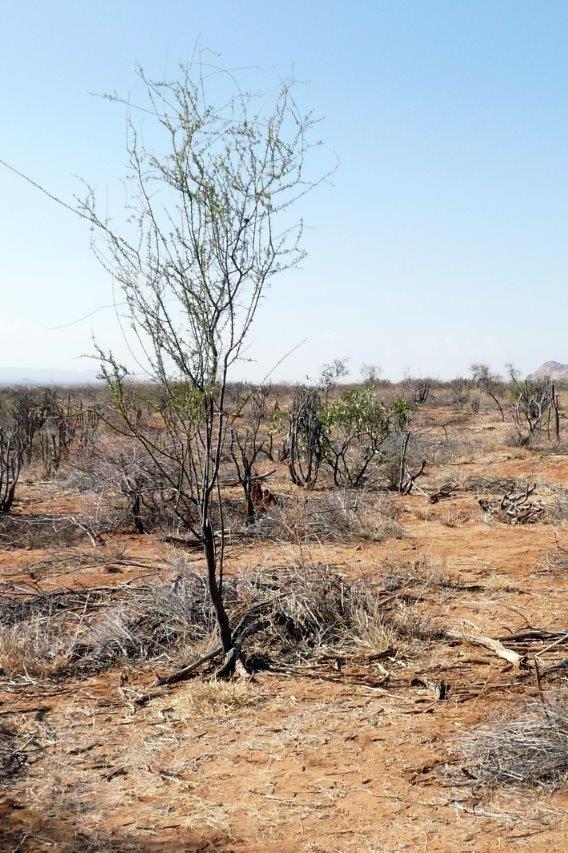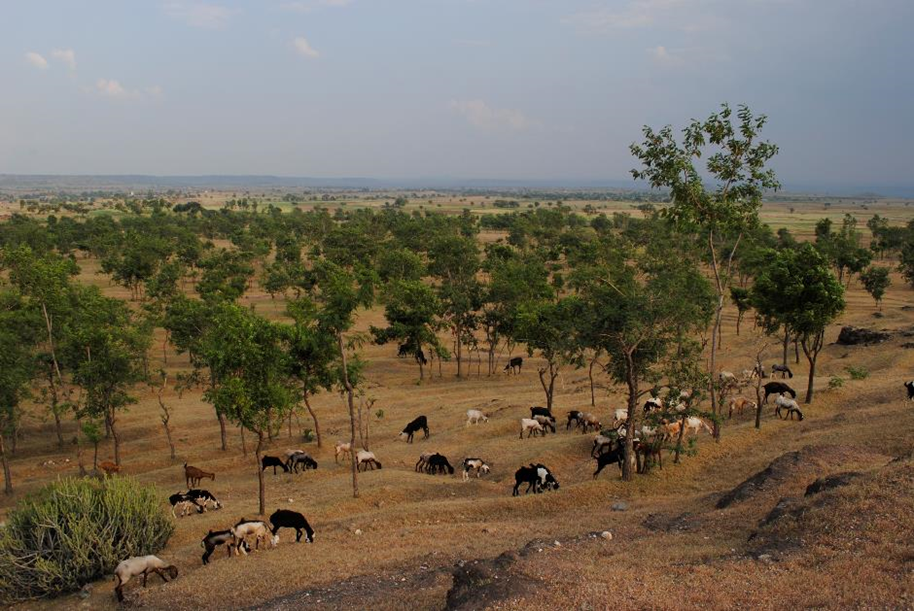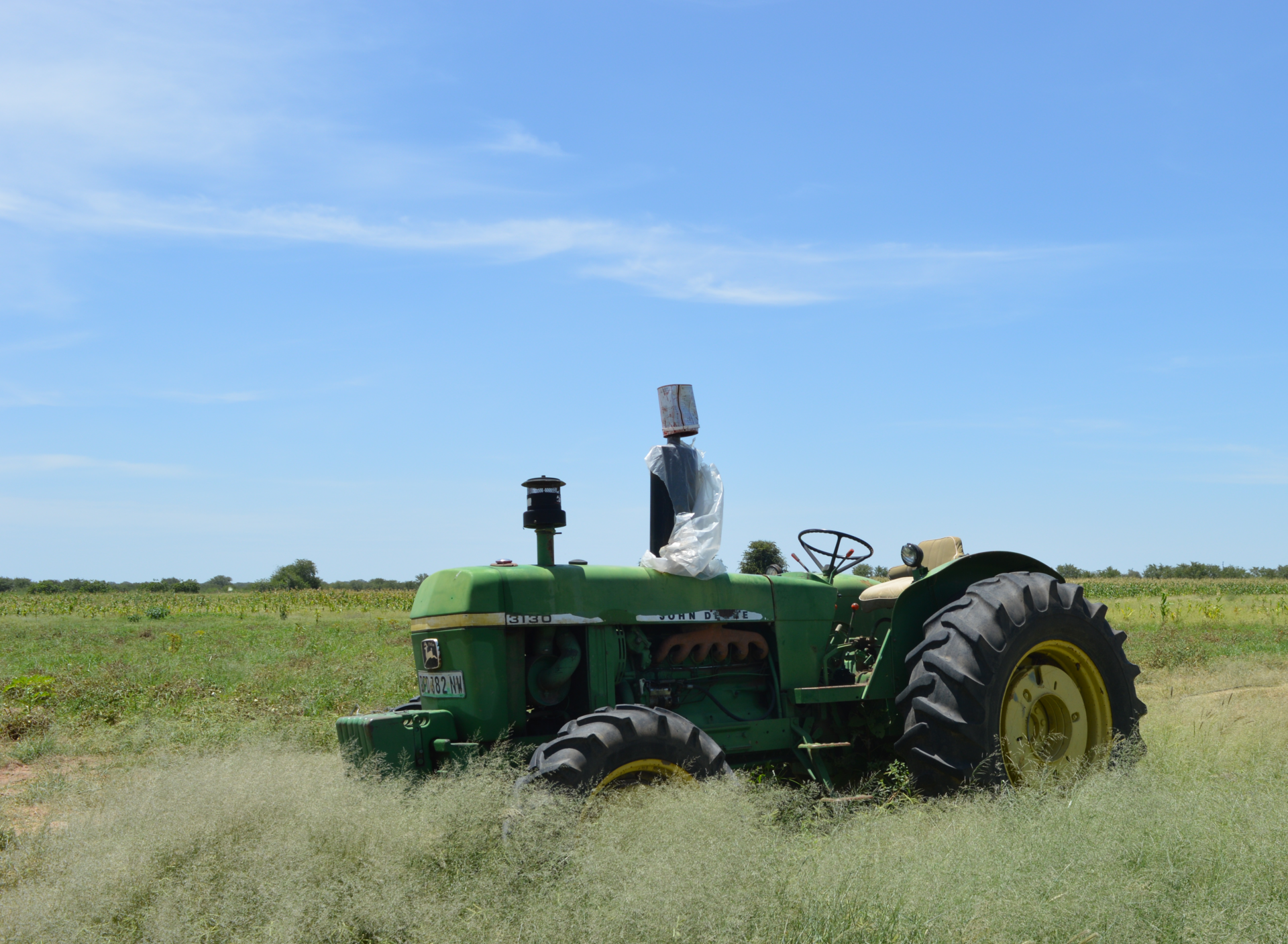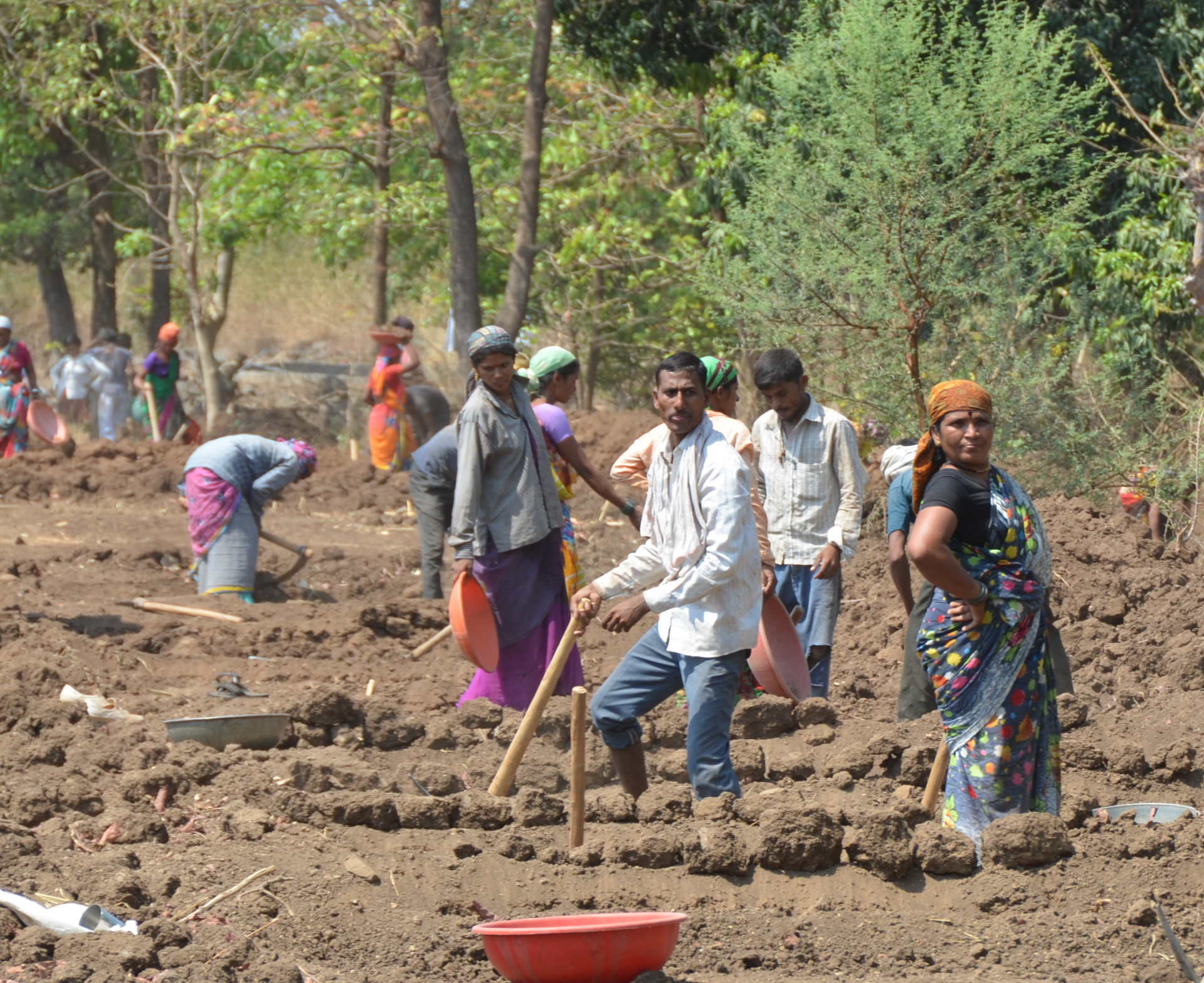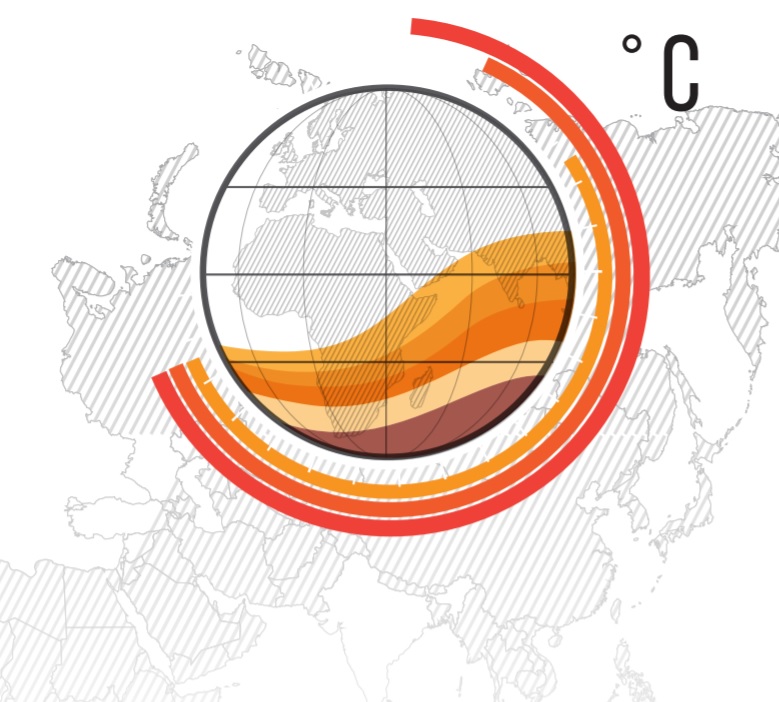ASSAR
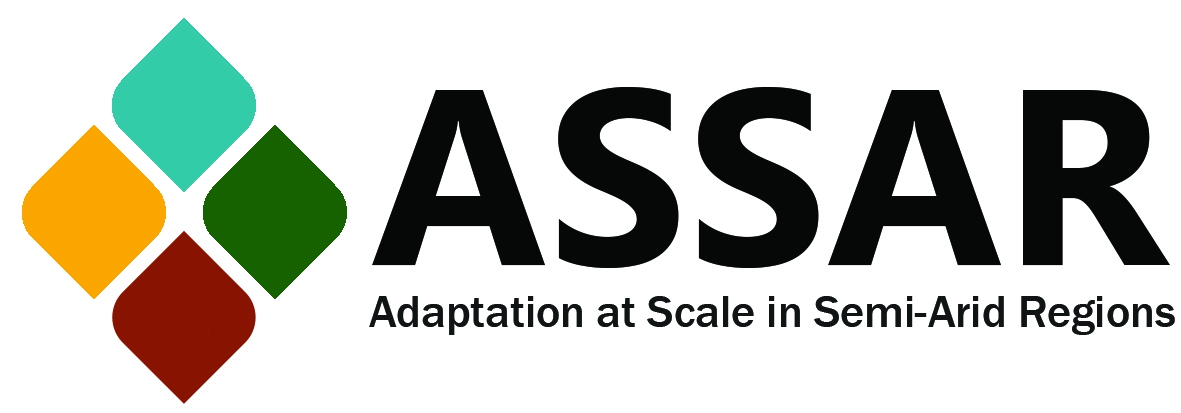
ASSAR’s overarching research objective is to use insights from multiple-scale, interdisciplinary work to improve the understanding of the barriers, enablers and limits to effective, sustained and widespread adaptation out to the 2030s. Working in a coordinated manner across seven countries in India, East Africa, West Africa and Southern Africa, ASSAR’s research is case study based and strives to integrate climatic, environmental, social and economic change. The dynamics of gender roles and relations form a particularly strong theme throughout our approach.
Each of ASSAR’s teams conducts regionally-relevant research focused on specific socio-ecological risks/dynamics that relate centrally to livelihood transitions, and access, use and management of land and water resources in water-stressed environments. Focal research themes in each region are: agro-intensification in West Africa; land and water access in East and Southern Africa; and land use, land cover and livelihood changes in India.
Over its five-year lifespan (2014-2018), the cross-regional comparison and integration of research findings will enable ASSAR to develop a unique and systemic understanding of the processes and factors that impede adaptation and cause vulnerability to persist.
